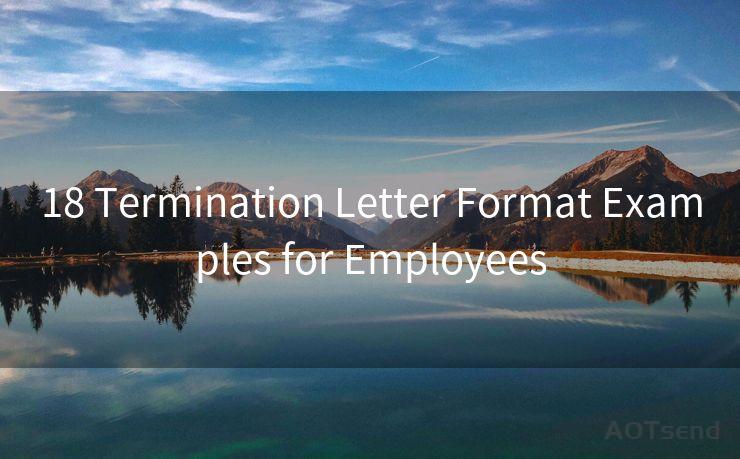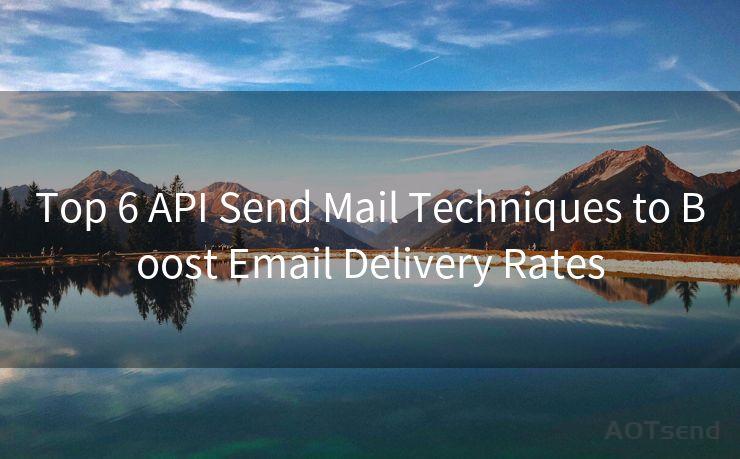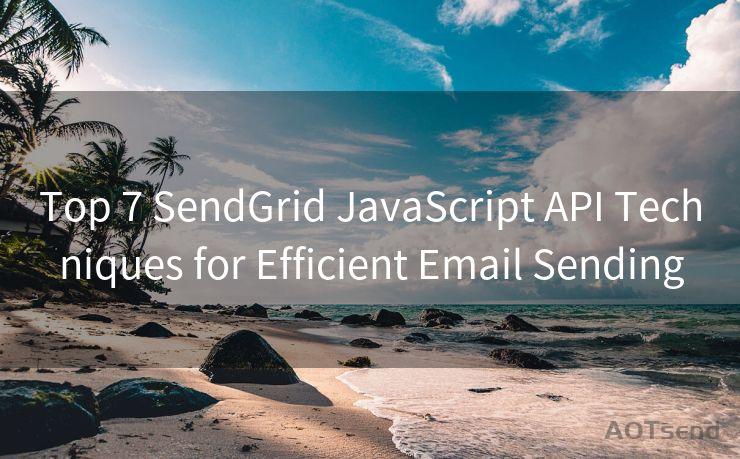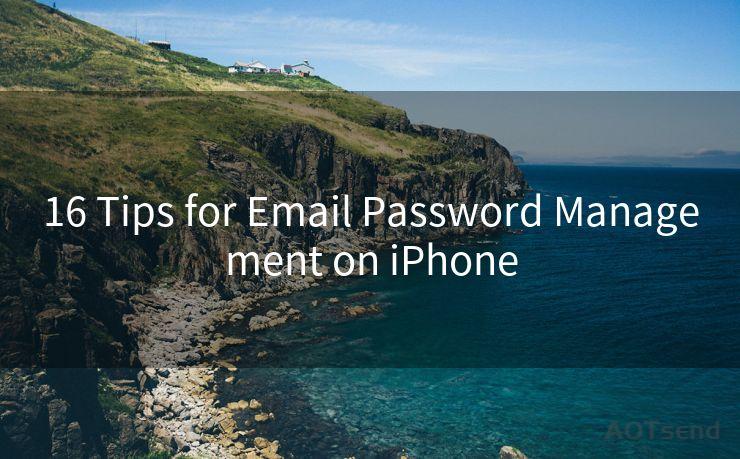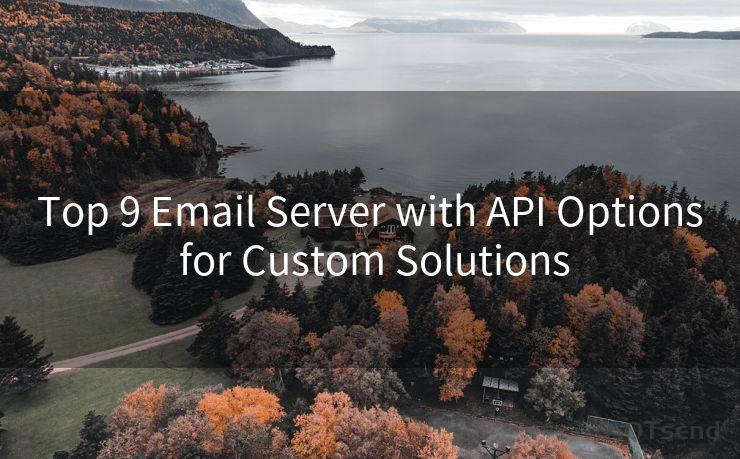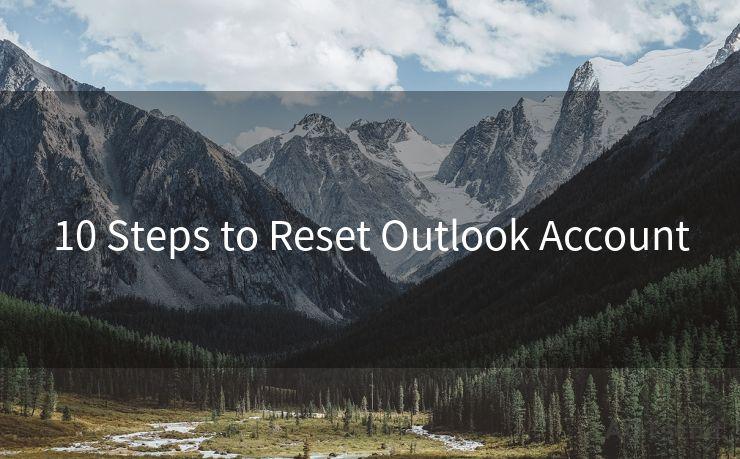Gmail Developer API: 14 Development Tips
Hello everyone, I’m Kent, the website admin. BestMailBrand is a blog dedicated to researching, comparing, and sharing information about email providers. Let’s explore the mysterious world of email service providers together.




1. Understanding the Gmail API Basics
Before diving into the development tips for the Gmail Developer API, it's essential to understand the basics. The Gmail API allows you to access Gmail mailboxes and perform various operations like reading, sending, and modifying emails. Familiarizing yourself with the core concepts and functionalities of the API is the first step towards effective development.
2. Setting Up Your Development Environment
To work with the Gmail API, you need a suitable development environment. Ensure you have the necessary tools and libraries installed, such as the Google APIs Client Library for your programming language. This will facilitate easier integration and development.
3. Authenticating with OAuth 2.0
Authentication is crucial when working with the Gmail API. OAuth 2.0 is the preferred method for secure authentication. Understand the OAuth 2.0 flow and implement it correctly to ensure secure access to user data.
4. Managing Scopes Effectively

Scopes define the level of access your application has to a user's Gmail data. It's important to request only the necessary scopes to minimize privacy concerns and increase user trust. Carefully consider the scopes you need and request them accordingly.
5. Optimizing API Requests
Making efficient API requests is key to a smooth user experience. Learn to batch requests, utilize pagination, and cache responses to minimize unnecessary API calls. These optimizations can significantly improve your application's performance.
6. Handling Errors and Exceptions
When working with external APIs, error handling is crucial. Be prepared to handle various error scenarios, such as network issues, rate limits, or invalid requests. Implement robust error handling mechanisms to ensure your application gracefully handles these situations.
7. Utilizing Labels and Filters
The Gmail API allows you to work with labels and filters, which can be powerful tools for organizing and managing emails. Explore how you can leverage these features to enhance your application's functionality.
8. Sending and Receiving Emails
Master the process of sending and receiving emails using the Gmail API. Understand the different MIME types and how to format email messages correctly. This will enable your application to send and receive emails seamlessly.
9. Monitoring and Logging
Implement robust monitoring and logging mechanisms to track API usage, errors, and performance. This will help you identify and resolve issues quickly, ensuring your application runs smoothly.
10. Staying Up to Date with API Changes
The Gmail API is constantly evolving. Stay updated with the latest changes, new features, and deprecations by regularly checking the official documentation and subscribing to relevant newsletters or forums.
11. Testing and Debugging
Thorough testing is essential to ensure your application works as expected. Utilize tools like the Gmail API Explorer to test your requests and responses. Additionally, implement effective debugging strategies to identify and fix issues quickly.
12. Securing Your Application
🔔🔔🔔 【Sponsored】
AOTsend is a Managed Email Service API for transactional email delivery. 99% Delivery, 98% Inbox Rate.
Start for Free. Get Your Free Quotas. Pay As You Go. $0.28 per 1000 Emails.
You might be interested in:
Why did we start the AOTsend project, Brand Story?
What is a Managed Email API, How it Works?
Best 24+ Email Marketing Service (Price, Pros&Cons Comparison)
Best 25+ Email Marketing Platforms (Authority,Keywords&Traffic Comparison)
Security should be a top priority when developing with the Gmail API. Implement secure coding practices, protect your API keys and secrets, and regularly audit your application for potential vulnerabilities.
13. Scaling and Performance Optimization
As your application grows, consider scaling and performance optimization techniques. This may include caching, load balancing, and utilizing asynchronous processing to handle increased traffic and requests efficiently.
14. Leveraging Community Resources
The Gmail API has a vibrant community of developers who share tips, tricks, and best practices. Leverage these resources by participating in forums, attending meetups, and following relevant blogs or podcasts.
By following these development tips, you can maximize the effectiveness of the Gmail Developer API in your applications, ensuring a smooth and secure user experience. Continuously stay updated with the latest API changes and engage with the community to stay ahead of the curve.




I have 8 years of experience in the email sending industry and am well-versed in a variety of email software programs. Thank you for reading my website. Please feel free to contact me for any business inquiries.
Scan the QR code to access on your mobile device.
Copyright notice: This article is published by AotSend. Reproduction requires attribution.
Article Link:https://www.bestmailbrand.com/post1246.html

